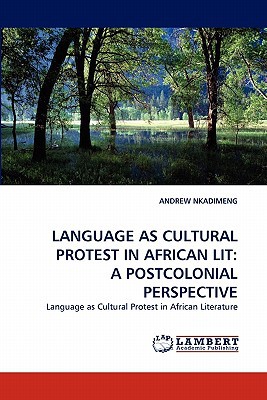

Most ebook files are in PDF format, so you can easily read them using various software such as Foxit Reader or directly on the Google Chrome browser.
Some ebook files are released by publishers in other formats such as .awz, .mobi, .epub, .fb2, etc. You may need to install specific software to read these formats on mobile/PC, such as Calibre.
Please read the tutorial at this link: https://ebookbell.com/faq
We offer FREE conversion to the popular formats you request; however, this may take some time. Therefore, right after payment, please email us, and we will try to provide the service as quickly as possible.
For some exceptional file formats or broken links (if any), please refrain from opening any disputes. Instead, email us first, and we will try to assist within a maximum of 6 hours.
EbookBell Team

4.4
82 reviewsLanguage is a fundamental aspect of both cultural life and cultural identity, which should embrace the importance of African literature in advancing debate and dialogue towards dismantling of colonial imperialism. African literature has become a powerful instrument in its advocacy for cultural and linguistic freedom. With the realisation of African Renaissance and Black Consciousness philosophies, the use of African indigenous languages, despite historical circumstances, should be seen as a vehicle towards achieving cultural pluralism in the global context.